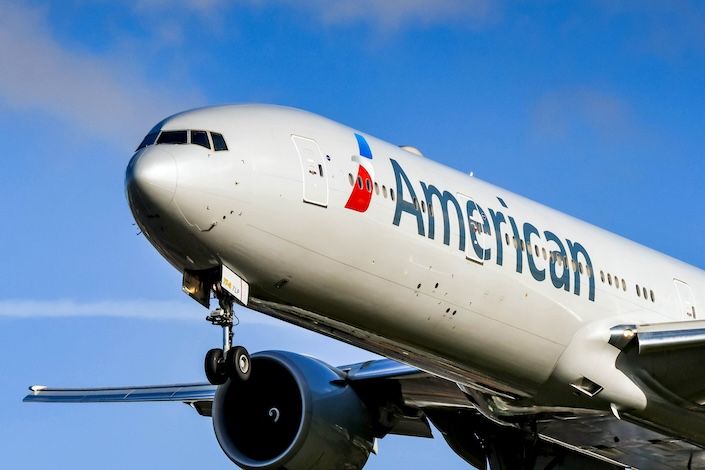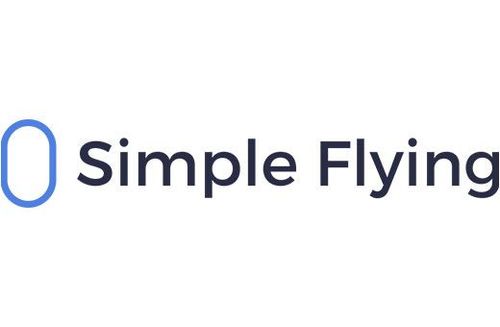Where travel agents earn, learn and save!
News / Customer calls for US DOT to suspend American Airlines-Qatar Airways codeshare
A consumer has filed an official complaint with the United States Department of Transportation following a flight on Qatar Airways, asking the department to suspend American Airlines and Qatar Airways codeshare services due to the latter’s alleged malpractice against its customers

A consumer has filed an official complaint with the United States Department of Transportation ( DOT ) following a flight on Qatar Airways, asking the department to suspend American Airlines and Qatar Airways codeshare services due to the latter’s alleged malpractice against its customers.
Refusing to accept a boarding pass
According to the DOT filing, the incident happened in May 2024, after the person booked a flight on March 29, 2024. They purchased a Qatar Airways ticket via American Airlines for their child, using a combination of AAdvantage miles and cash.
On May 24, the complainant realized that seats had not been assigned and proceeded to select seats on the Qatar Airways website, which did not mandate a fee from the passenger. They received a confirmation email stating that the seat selection price was €0.
Around 12 hours later, the caregiver adjusted the seat selection, which Qatar Airways reconfirmed without additional charges. About two days before the flight, the Qatari carrier invited the traveler to check in, and the airline issued the boarding pass.
The complaint cited the International Air Travel Association’s (IATA) definition of a boarding pass, which outlined that it was issued to a passenger in exchange for a “valid ticket entitling the passenger to enter the restricted area of an airport and to board a specific flight.”
However, on the day of the flight, the child informed the parent that Qatar Airways had refused to accept their checked baggage and travel in the selected seats unless they paid an additional fee of €150 ($156 at the time of the incident).
“Qatar Airways’ non-acceptance of its Boarding Passes and refusal to accept baggage as a form of coercion to increase prices post-purchase constitutes unfair and deceptive trade practices that are harmful to consumers with no countervailing benefits to consumers or competition.”
Taking too much time
The complainant arrived at the Qatar Airways counter at an unidentified airport and provided evidence to support their claim that seat selection was free. However, the airline’s personnel, including a manager on duty, insisted that a fee was due, and their child could not board the aircraft unless it was paid on-site.
“The manager finally told me that in order to “waive” the fee, she would “have to make calls,” which would “take quite some time,” and that ultimately, she “couldn’t make any guarantees.”
To avoid any delays and uncertain income, they paid the fee, which had been reduced to €51.95 ($54.09 at the time of the incident). However, the payment could not be processed at the check-in counter, and the complainant had to go to another counter to complete it.
Subsequently, after paying the fee at another counter, the passenger proceeded with check-in procedures. Cirium’s Diio Mi airline planning system showed that in May 2024, Qatar Airways had 109 weekly flights from 11 different US airports, including major American Airlines hubs such as Dallas/Fort Worth International Airport (DFW) or Miami International Airport (MIA).
“In total, Qatar Airways’ actions consumed 43 minutes of my time and resulted in an unjustified and deceptive payment of USD 54.09 for “pre-reserved seat assignment fees” that Qatar Airways had previously confirmed, in writing, were not due.”
Request to end codeshare agreement
The complainant noted that a specific US Code provision mandates the DOT to prevent unfair, deceptive and predatory, or anticompetitive practices in air travel. Furthermore, the DOT is allowed to take action against unfair or deceptive practices by airlines, whether national or foreign.
The consumer also cited a specific Code of Federal Regulation (CFR) rule that prohibited companies from making “misrepresentations as to fares and charges for air transportation or services in connection therewith.” They noted that a confirmation that seat selection was free followed up by demands to pay €150 ($156) constituted such misrepresentation.
“Qatar Airways, by issuing boarding passes […] with the selected seats assigned, explicitly confirmed that my child held the authority to board and travel in those seats.”
Another CFR provision prohibited airlines from increasing service prices following a purchase, with the regulation outlining that this was “an unfair and deceptive practice for any seller of air transportation to increase the price after an ancillary service has been purchased.”
As a result, the complainant alleged that Qatar Airways engaged in unfair and deceptive practices by misrepresenting the cost of advance seat selection, imposing a post-purchase price increase, and refusing to honor valid boarding passes.
Thus, they requested the DOT to suspend Qatar Airways’ codeshare ability and end the codeshare agreement between American Airlines and Qatar Airways (both airlines are part of the oneworld alliance). These actions are “pragmatic, necessary,” and within the DOT’s statutory authority.
“Suspending Qatar Airways’ codeshare authority and revoking American Airlines’ exemption for its code-shares provide a strong incentive for both carriers to comply with US consumer protection laws.”
This would also incentivize American Airlines to monitor its partnership with Qatar Airways more diligently to ensure compliance with US laws. These measures would be essential for the DOT to fulfill its mandate to protect US consumers, they concluded.








